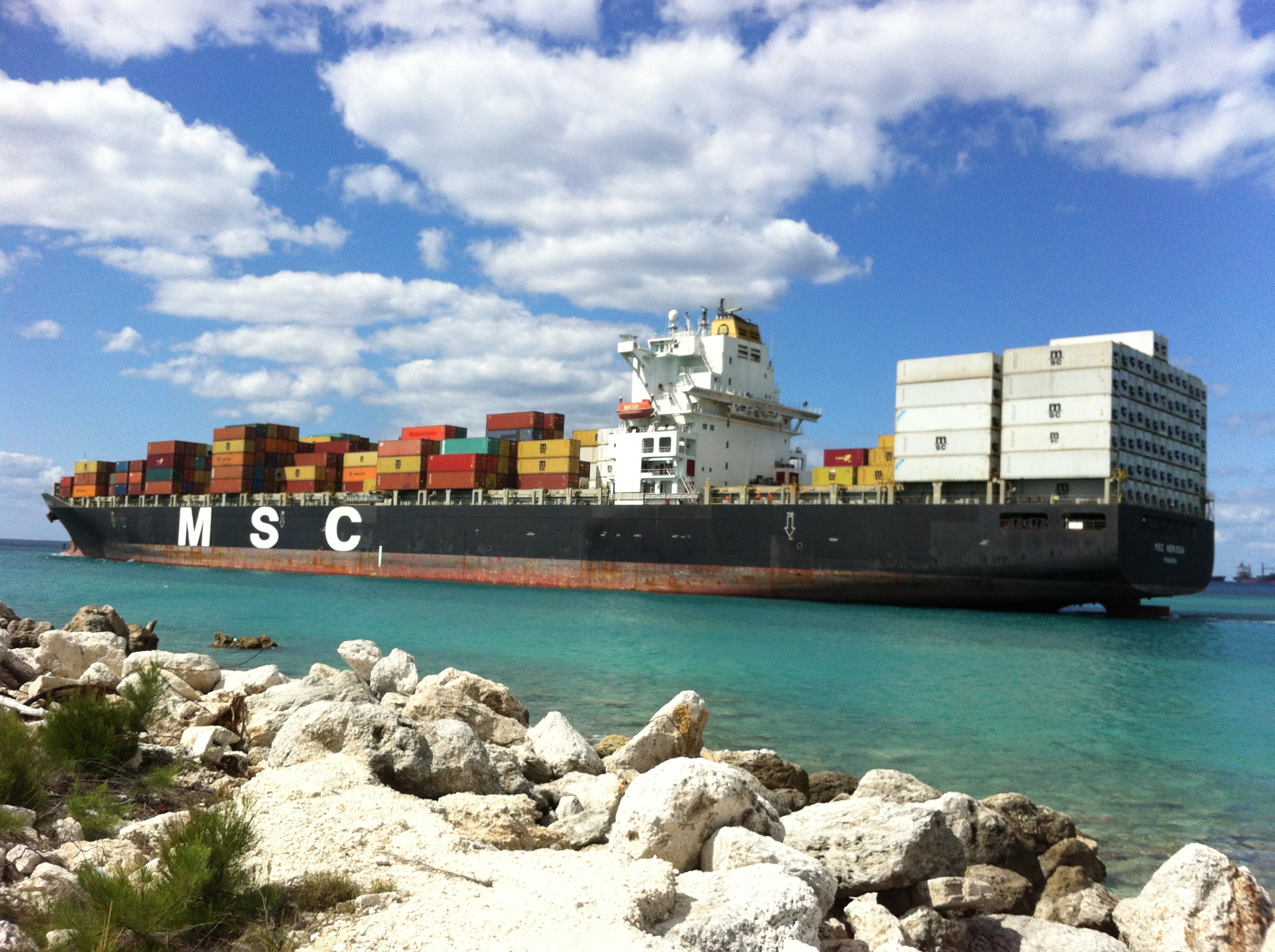Summary of October 29th
Meeting on North Korea
Note: This presentation and the question and answer period were “off the record”. Respecting that, what follows is a sanitized version of the in depth and frank exchanges that characterized this NSF session.
The National Security Forum heard a most interesting presentation on “North Korea: How can the US and the world deal with this rogue regime?” The presentation was done by Reno-native Captain Craig Blakely (USN), who is the Division Chief, Northeast Asia JCS Joint Staff, J5 Strategic Plans. Blakely discussed developments in Pyongyang with the assumption of power by Kim Jong-Un and American/UN options in dealing with this rogue state.
Blakely underlined that North Korea represents a major threat not only to stability in Asia but increasingly on a global scale as the regime’s nuclear and missile delivery capabilities increase. Many American administrations as well as various international groupings have attempted to modify North Korean behavior through sanctions and other measures, with little success.
North Korea’s Evolution
CAPT Blakely briefly reviewed the history of the Koreas following the division of the peninsula after WWII. For a number of years both Koreas remained roughly equal in economic production, until South Korea began overtaking the North following the Korean War. The big leaps occurred beginning in the late 1970s, and by 1982 South Korea had overtaken the North. Now the per capita GDP in the South is 20 times that of the North.
The population in the South is roughly 48 million, double that in the North. Infant mortality in the North is 7 times that in South Korea, life expectancy in the North is 69, but ten years more in the South. While the South spends twice what the North does on the military, expenditures per capita (as a % of GDP) is ten times higher in the North.
While South Korea has a very diverse society and a wide-ranging and entrepreneurial economy, North Korea remains highly stratified with a prosperous elite ruling over a very poor populace. The North Korean economy has stagnated compared to its near-neighbors China, Japan, and the South.
The New leader Kim Jong-Un is only 29 years old, although the North describes him as 30 for some psychological rationale. He is described as young and impulsive, a leader who lacks experience and seems to be very clumsy when dealing with domestic and foreign challenges. While there has been speculation that he is a mere puppet to those behind the scene, it does appear that the young leader is increasingly “in charge”.
Kim Jong-Un seems to be continuing the frustrating “cycle of provocation” of his predecessors. Pyongyang seems to shift rapidly from a desire to engage in meaningful talks to yet another incident that leads the region into conflict.
The critical issue in dealing with the North is its nuclear weapons capabilities and the missile delivery methods it maintains. Pyongyang has conducted a nuclear test and two threatening missile/satellite launches under the new ruler’s reign. The regime appears to have restarted a plutonium reactor. In response, the U.S. has emplaced a ballistic missile defense unit in Guam. To counter a potential North Korean “breakout”, the US maintains an extended deterrence, including a nuclear umbrella with allies South Korea and Japan.
American policy makers have to worry about not only dealing with an aggressive and impulsive North Korea, but also consider the possibility of a sudden collapse of that state.
Many in the audience expressed disappointment in the lack of positive involvement by Beijing in resolving problems in the North. However in the past, while China served as Pyongyang’s’ primary ally in the region and provided extensive humanitarian and food assistance, Beijing seems to have put some distance between itself and the new regime, and appears inclined not to reward Pyongyang’s poor behavior. That is not to say that China has become a responsible participant to the extent it could.
The “6-Party” talks aimed at “denuclearizing” the entire peninsula have been off and on for years. There seems to be no appetite on the part of the U.S. and regional powers to relax the sanctions that are in place. In sum, CAPT Blakely noted that the United States exercises “strategic patience” in dealing with the North, seeking to mitigate potential conflicts that break out while continuing to attempt to promote more positive behavior by the North.
In that strategy, even “civilian diplomats” like Dennis Rodman can play a role!
We have attached CAPT Blakely’s slides used in the presentation for your review:

